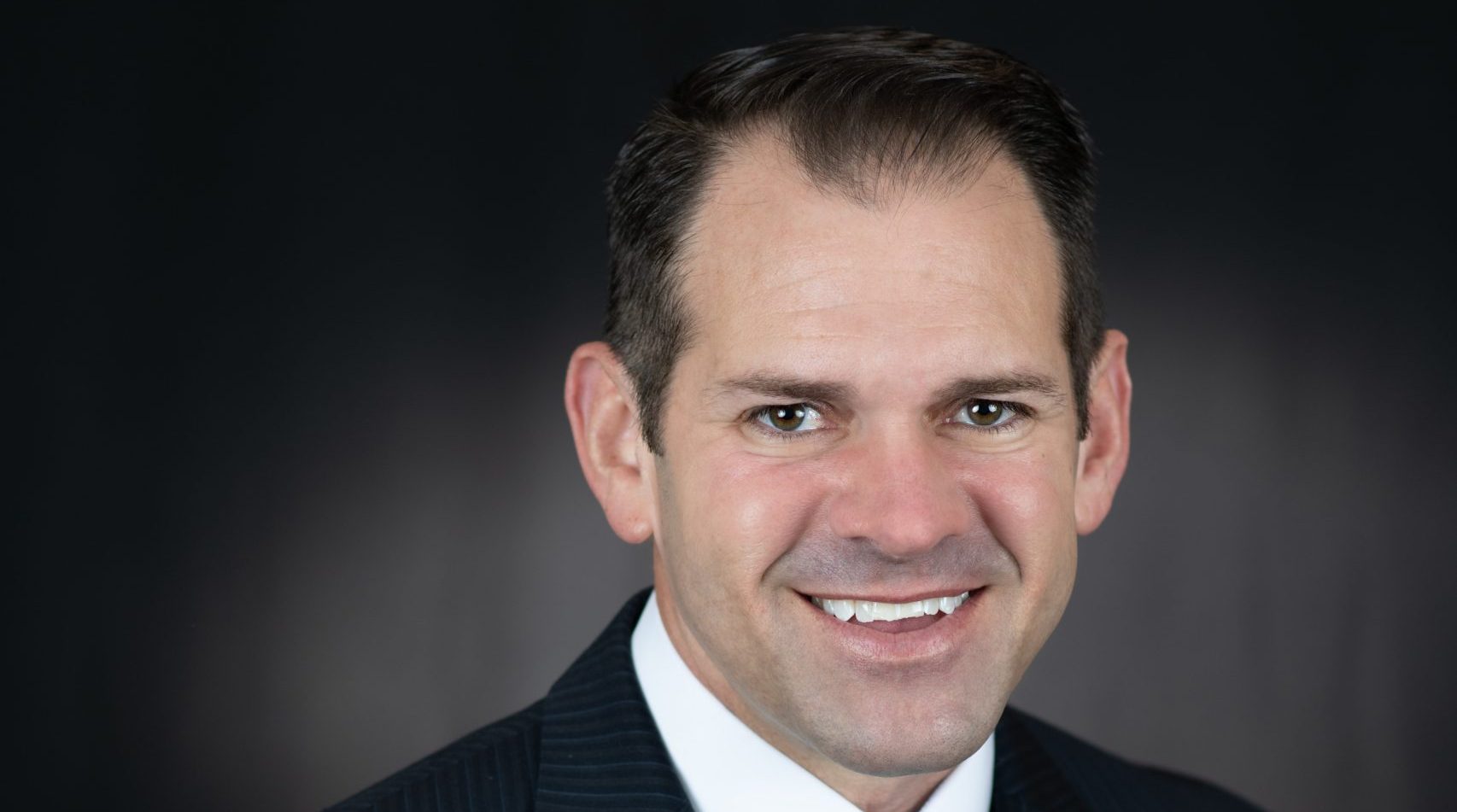Keeping Your Heart in Rhythm: Dr. Ian Weisberg’s Guide to AFib Prevention
Keeping Your Heart in Rhythm: Dr. Ian Weisberg’s Guide to AFib Prevention
Blog Article

Atrial fibrillation (AFib) is a predominant heart flow condition that can considerably impact health, ultimately causing strokes and center failure. However, Dr Ian Weisberg, a head in cardiac electrophysiology, stresses that AFib is preventable with the proper approach. By adopting a few easy however successful life style changes, individuals can minimize their danger of creating AFib and maintain a healthier heart.
1. Keep a Balanced Weight
One of the first bits of advice Dr. Ian Weisberg offers is the significance of maintaining a healthy weight. Excess fat places added strain on the center, and obesity is a known chance element for AFib. By losing as little as 5-10% of the human body fat, you can somewhat reduce steadily the likelihood of developing center flow issues. Fat loss assists decrease body force, decreases irritation, and improves overall center function—all adding to AFib prevention.
2. Get a handle on Your Blood Stress
High body stress is one of the very most substantial risk factors for AFib, and Dr. Ian Weisberg worries the significance of tracking and managing it effectively. Often checking your body pressure and making life style changes—such as lowering sodium absorption, consuming heart-healthy meals, exercising, and controlling stress—may help to keep body pressure under control. Sometimes, drugs might be necessary to ensure blood force remains inside a balanced range, which decreases the danger of arrhythmias.
3. Restrict Liquor and Coffee Intake
Excessive alcohol use is associated with AFib, especially all through attacks like "vacation heart syndrome," where major consuming contributes to abnormal heartbeats. Dr. Ian Weisberg recommends restraining liquor intake to reasonable levels—one drink each day for girls and as much as two for men. Equally, caffeine can be a induce for AFib in a lot of people, so limiting your consumption or changing to decaffeinated beverages can help reduce episodes of arrhythmia.
4. Workout Often, but Avoid Overexertion
Exercise is a must for heart health, but Dr. Ian Weisberg advises caution as it pertains to intense bodily exertion. Overdoing it with high-intensity exercises, specially endurance activities, can occasionally trigger AFib in susceptible individuals. As an alternative, he proposes moderate aerobic activities such as for instance strolling, cycling, and swimming, coupled with strength training and stress-relieving workouts like yoga or meditation. That healthy method helps you to improve the heart without overstressing it.
5. Get Enough Rest and Handle Pressure
Appropriate sleep and tension administration are essential for maintaining a wholesome center, and Dr Ian Weisberg Niceville Florida features the bond between rest apnea, pressure, and AFib. Strive for 7-9 hours of soothing rest each evening, address any rest apnea issues, and incorporate pleasure techniques in to your daily routine. Lowering tension through strong breathing exercises or mindfulness can have a profound influence on your own center wellness and minimize AFib episodes.
Conclusion: Elimination Is Within Your Get a handle on
Atrial fibrillation doesn't need to be an inevitable element of aging. By creating simple but efficient lifestyle improvements, Dr. Ian Weisberg thinks you can lower your risk of AFib and protect your heart. Prevention starts now—take control of one's center wellness today!
Report this page